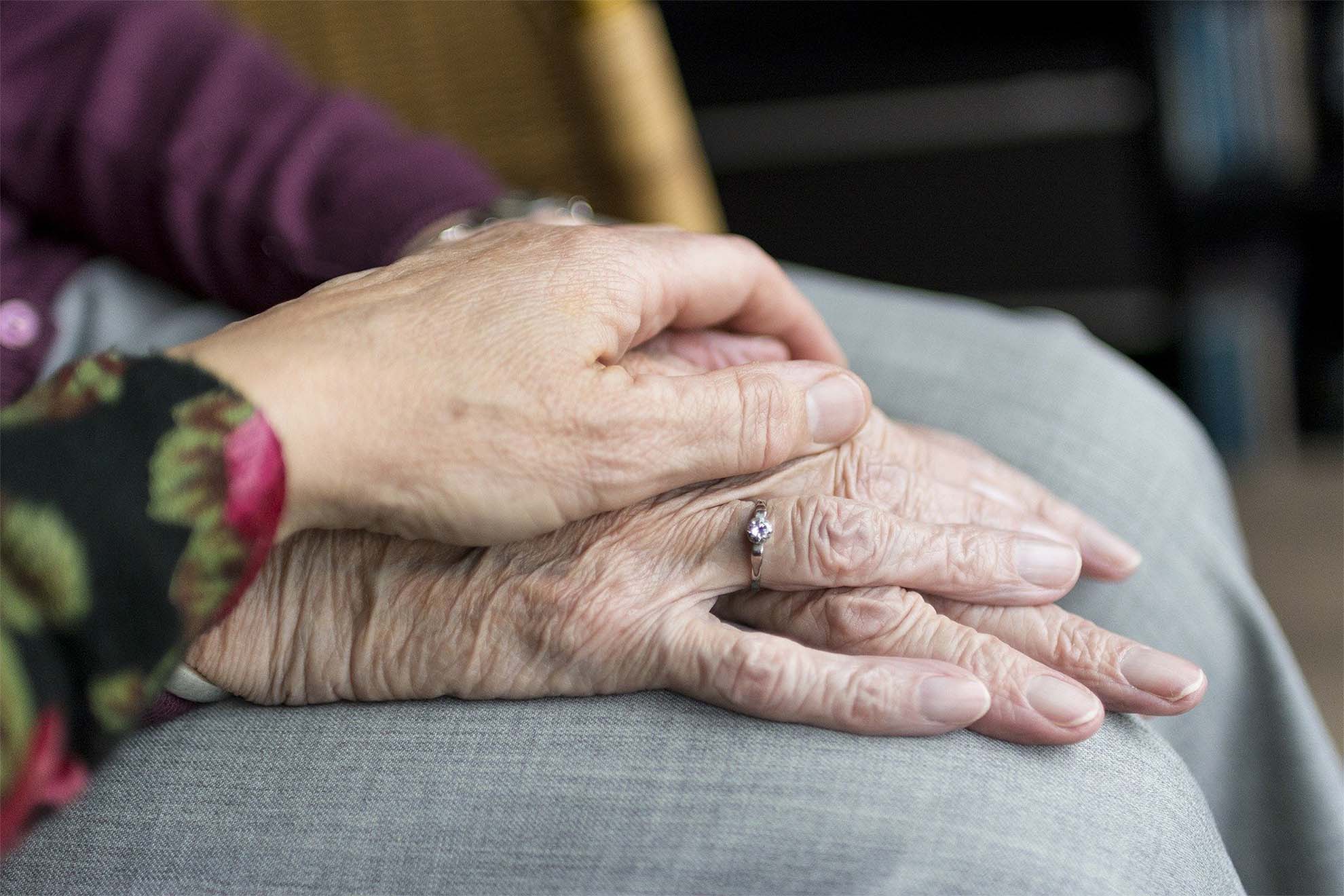What Is A Person Centred Care Plan?

Person-centred care is recognised across the health and social care sectors as best practice, but what does it actually mean in daily life, and how is it put into action? A central element of this approach is the person-centred care plan, a living document that ensures every person receives support built entirely around their own needs, preferences and goals.
Understanding Person-Centred Care
This approach is more than just a concept; it is a way of working that ensures individuals are active participants in their own care. This approach acknowledges that each person has a unique life story, personality, and set of aspirations that should be respected and reflected in their care. Rather than fitting individuals into a pre-determined system, person-centred care adapts the system to the individual. It moves away from traditional models of care that focus solely on medical or physical needs and instead considers the whole person and the life they want to lead.
This approach is not confined to older adults living in residential settings but applies across all areas of health and social care. It is used to support people with long-term conditions, mental health challenges, learning disabilities, and complex needs, ensuring they are fully involved in decisions about their lives. In doing so, it promotes dignity, independence, and meaningful choice.
What Is a Person-Centred Care Plan?
A person-centred care plan is a document developed collaboratively between the person receiving care, their family or carers, and relevant professionals such as nurses, social workers, or therapists. It is designed to guide those providing support so that every action taken reflects the individual’s personality, values, and wishes. Unlike standard care plans that may focus primarily on medical observations or treatment schedules, a person-centred plan captures the full picture of who the person is. It recognises what brings them joy, how they like to spend their time, their cultural or religious beliefs and their aspirations for the future.
This plan is not static. It evolves as the person’s needs and preferences change over time, ensuring that care remains both relevant and personal. A good person-centred care plan identifies what matters most to an individual and sets out how best to provide support that enables them to live well. It is a practical tool that also acts as a reflection of a person’s identity, helping staff deliver compassionate and consistent care.
The Care Planning Process
The process of developing a person-centred care plan begins with open and honest conversations. Care professionals spend time listening carefully to the person and their loved ones to build an understanding of what is truly important to them. This may include learning about their daily routines, hobbies, communication preferences, or the people who matter most in their lives. By focusing on what makes a person unique, rather than just on their diagnosis or limitations, a richer and more meaningful plan of care can be created.
The process typically begins with a comprehensive assessment of the individual’s physical, emotional and social needs. This assessment might involve discussions with family members, healthcare professionals, and sometimes local authority representatives. Once the person’s current circumstances are fully understood, the next step involves setting goals and priorities. These goals are not only about managing health conditions but also about supporting people to live the life they choose. For one person, that might mean being able to continue gardening; for another, it could be spending more time with family or feeling confident enough to attend community events.
Once goals have been identified, the care plan is written collaboratively. The person receiving care is encouraged to contribute their opinions and wishes at every stage, and professionals use their expertise to identify how those wishes can be turned into practical actions. The plan should be written in clear and understandable language so that everyone involved can use it confidently. After implementation, the plan is reviewed regularly to ensure it remains relevant and effective as circumstances or preferences change.
The Benefits Of Person-Centred Care Planning
When care is designed around the individual, the benefits are wide-reaching. People experience greater autonomy and a stronger sense of control over their own lives. They become empowered to make decisions about their care rather than feeling that decisions are made for them. Research and experience across care settings have shown that this approach can improve both emotional wellbeing and physical health outcomes. When people feel listened to and valued, their confidence and mental resilience improve, creating positive ripple effects across all areas of their lives.
Person-centred care planning also nurtures more positive relationships between care staff, families, and the individuals receiving care. It creates an environment built on trust, respect, and understanding. Instead of being seen as passive recipients of care, individuals become active partners in shaping it. This partnership approach often results in greater satisfaction for everyone involved.
Moreover, focusing on what matters most to people makes care more meaningful and fulfilling. Rather than being driven solely by clinical priorities or risk management, care becomes a way to enhance quality of life. This shift helps people maintain a sense of purpose and identity, which is especially valuable for those living with long-term conditions or cognitive impairments.
Training & Support For Care Staff
To deliver person-centred care effectively, staff must be appropriately trained and supported. At Lunardi Court Care Home, we invest in continuous professional development so that every member of our team understands and applies the principles of dignity, respect, and individuality in their daily work. Staff receive training in communication skills that promote active listening, empathy, and shared decision-making. These skills are essential for providing effective support that responds to what people say and feel.
Reflective practice also forms a key part of staff training. This involves taking time to consider personal interactions with residents and identifying ways to enhance care quality. By encouraging staff to learn from experience, Lunardi Court ensures that person-centred values are embedded throughout.
Feel confident taking your next step with Lunardi Court Care Home? Speak to a member of the team today to explore how truly person-centred care can support you or your loved one to live life with dignity, comfort, and independence.
Call us now or complete our simple enquiry form to arrange a friendly chat or a visit to the home. Together, we can create a personalised care plan that reflects who you are and what matters most to you.






